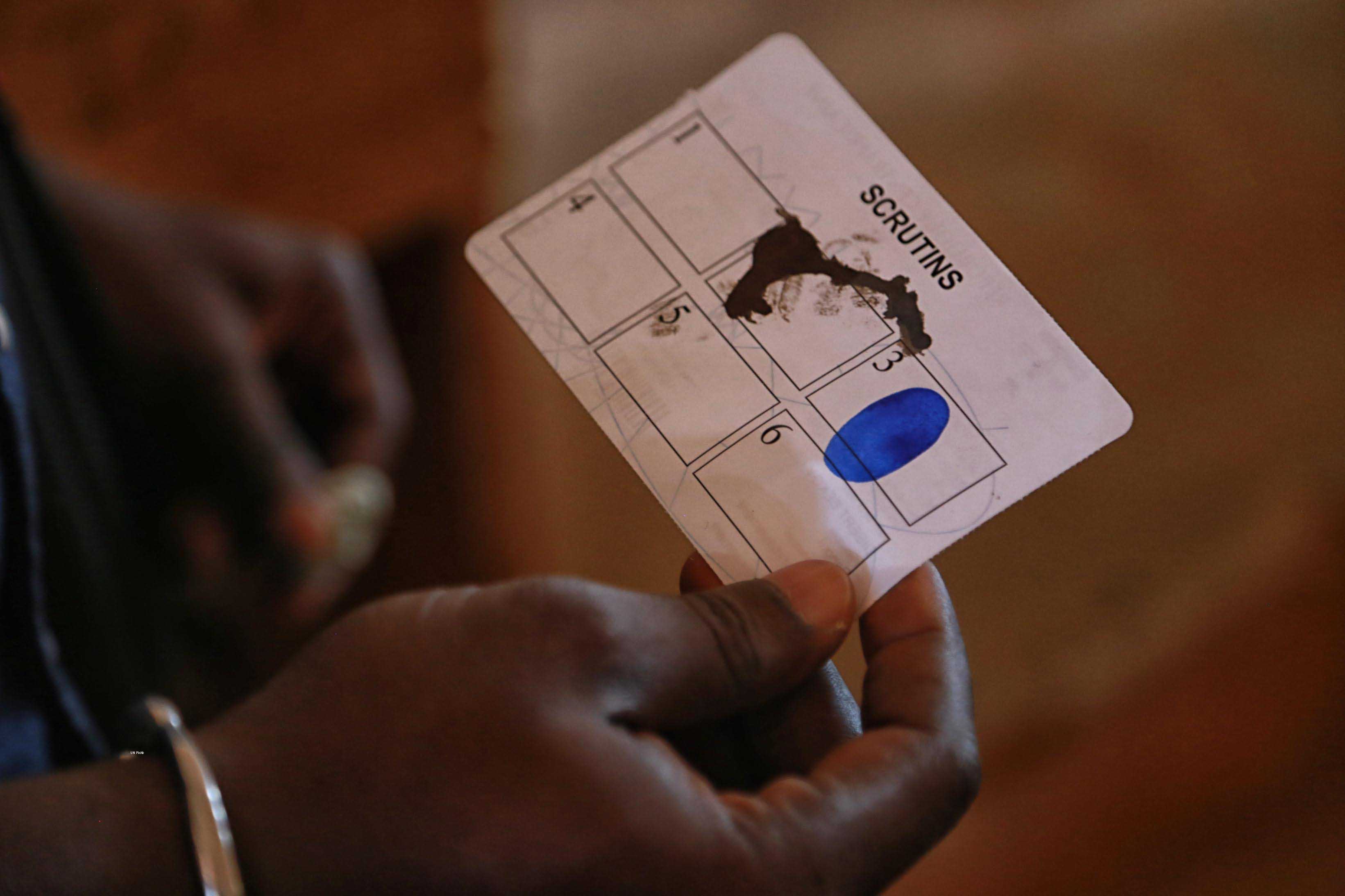By Ayisha Osori
,
24 March 2021

Voter holding a ballot (photo credit: United Nations Photo/flickr)
Until the late 1980s, Liberia’s constitution was the only one in Africa to provide clearly for presidential term limits. Without these limits, political succession was a major source of instability on the continent, with many countries dominated by a single leader who insisted on his (and it was always a him) indispensability. The end of their rule was invariably by force. In 35 years, from 1961 to 1997, Africa witnessed 78 coups d’état.
But by 1995, at least 33 countries had revised their constitutions to include presidential term limits. The Organisation of African Unity (as it then was) built on this trend by developing a rule against coups and what it called “unconstitutional changes in government” with the recommendation that “any manipulation of the constitution aimed at preventing a democratic change of government” be outlawed. By the 2000s elections and term limits had replaced death and coup d’état as the most common way in which African presidents and prime ministers left office. Term limits were one effective way of curtailing the excesses of all-powerful executives and a tool that allowed for greater investment in the independence of critical democracy, strengthening institutions such as the judiciary, legislature and election management bodies (EMBs).
Fast forward to 2021, and 16 countries across the continent have either revised their constitutions to remove term limits or seen the extension of the tenure of the incumbent president against the spirit of term limits.
Read the full article here:
Mail & Guardian
